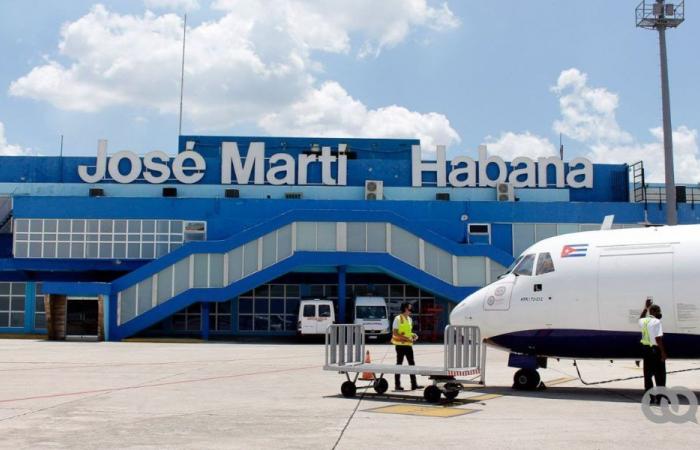Following the publication of the migration bill, some Cubans have interpreted the text as meaning that those living abroad must enter the country every six months — instead of every 24 months, as stipulated by current legislation — in order to retain their rights in Cuba.
However, the interpretation does not align with what the project establishes.
The draft eliminates the possibility that a brief entry into the country is sufficient for a person to maintain their legal resident status in Cuba and, therefore, their rights in the country. The project introduces the concept “effective residence” and indicates that, to be considered a resident in the national territory (the only immigration category that until today guarantees rights in Cuba), one must remain in the country (not just enter) for the longest period of time. part of a calendar year.
The project also suggests that the immigration status of Cubans will be evaluated annually by the authorities and reflected in the Single Citizen Record. This means that a person who spends most of the calendar year in Cuba could be considered a resident in the national territory, but only during the following calendar year. If at the end of another year he or she has not spent most of his or her time on the island, he or she will again be classified as a resident abroad.
Those who retain legal residency in the country, but do not actually live in Cuba, run the risk of being declared residents abroad if they do not return to reside in the national territory after the project comes into force.
Cuban authorities have clarified that the enjoyment and exercise of rights in Cuba, especially property rights, is not directly conditioned by the migration bill. They have clarified that the rights that Cubans will be able to exercise in accordance with their immigration status must be defined in specific regulations (the General Housing Law, the Civil Code and regulations on the transfer of vehicles).
Previous regulations establish that only residents of the national territory can own homes and cars, while emigrants cannot inherit property in Cuba. Therefore, to ensure that residents abroad maintain their properties on the island or acquire new ones, it is not necessary to change immigration legislation, but rather to modify the rules that currently prevent those who do not reside in Cuba from being holders of property rights. related to assets that are in Cuban territory.
The authorities have also stated that they intend to allow residents abroad to not lose their properties in Cuba. However, the project maintains a distinction between Cubans living in the country and those living abroad. The differentiation will be reflected mainly in the rights that each group will have.
The project does not specify what property rights Cubans residing abroad will have. Even if the automatic loss of real estate or vehicles is not provided for, restrictions could be implemented for residents abroad to access associative forms—small and medium-sized enterprises (MSMEs) and non-agricultural cooperatives (CNA)—.
It stands out that the project introduces a special subcategory of residents abroad, “investors” or “business people.” The category seems to be intended to allow residents abroad—after compliance with administrative procedures not determined in the project—to be partners in business organizations. The measure also aligns with the Biden Administration’s decision to allow US citizens to invest in the Cuban private sector.
For a Cuban-American citizen to be able to invest in the island’s private sector, they not only require the guarantee provided by the US Government, but also legal provisions on the Cuban side that turn the possibility into a moderately attractive fact.
If you are interested in legal topics, you can visit our project elTOQUE Jurídico, in which you will find analysis and debates about the laws, rights and legal processes in Cuba.
Also follow us on Twitter: @eltoquejuridico






